When it comes to building a brewing system, one crucial element that can often be overlooked is the glycol pipeline. The glycol pipeline is responsible for keeping your brewing system's temperature at a consistent level, ensuring your beer comes out perfectly every time. Therefore, choosing the right material for your glycol pipeline is essential to the success of your brewing system. In this article, we will discuss the different materials available for glycol pipelines and how to choose the best one for your system.
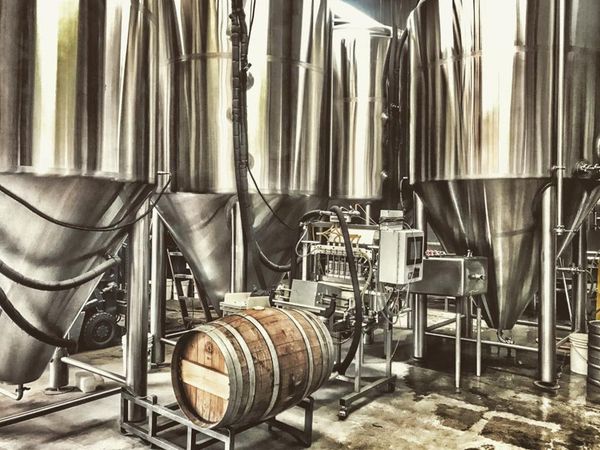
Stainless Steel Glycol Piping
Advantages:
1. Corrosion Resistance: Stainless steel is highly resistant to corrosion. This material can withstand long-term exposure to glycol and other chemicals used in the cooling process.
2. Durability: Stainless steel is a strong and durable material that can withstand high pressure and temperature fluctuations.
3. Longevity: Stainless steel has a long lifespan compared to other materials used in glycol piping, such as copper or PVC. It can last for decades with proper maintenance, which can save money on replacement costs in the long run.
4. Easy to Install: Stainless steel piping is easy to install, as it can be welded, threaded, or flanged to create a tight seal. This can reduce installation time and labor costs.
Disadvantages:
1. Higher Cost: Stainless steel piping is generally more expensive than other materials such as PVC or copper.
2. Heavy Weight: Stainless steel piping is heavier than other materials, which can make it more difficult to handle and transport during installation. It may also require additional support structures to prevent sagging or bending.
3. Strict requirements on space: the area must be the same as the plan, and any type of change requires local welding.
PPR Glycol Piping
Advantages:
1. Corrosion resistance: PPR tube is highly resistant to corrosion, making it an ideal material for use in glycol cooling systems, where the glycol mixture can be corrosive to metal pipes.
2. Easy to install: PPR tube is easy to install due to its light weight and flexibility. It can be easily cut and joined using heat fusion, making it a cost-effective and time-efficient option.
3. Low thermal conductivity: PPR tube has low thermal conductivity, which helps to minimize heat loss in the glycol cooling system, thereby improving its energy efficiency.
4. Longevity: PPR tube has a long service life and is highly durable. It can withstand high pressure and temperature variations, making it an ideal material for use in glycol cooling systems.
Disadvantages:
1. Limited temperature range: PPR tube is not suitable for use in high-temperature applications, as it has a limited temperature range. It is typically used in applications where the temperature does not exceed 90°C.
2. Higher cost: PPR tube can be more expensive than some other materials used for glycol cooling systems, such as PVC or CPVC. However, the ease of installation and durability may offset this cost in the long run.
PPR+PEX Mixing Tube
Advantages:
1. It is suitable for small locations and because PEX piping is flexible, it can be bent in limited areas.
2. Easy to install: The mixing tube is easy to install due to its flexibility and the ability to easily connect with other components in the glycol cooling system.
3. Cost-effective: The use of PPR and PEX materials makes the mixing tube cost-effective compared to other types of piping materials.
Disadvantages:
1. Limited size options: The mixing tube may be limited in terms of size options, which can restrict its use in certain glycol cooling system applications.
2. Cons: Not suitable for systems larger than 1500L.
In conclusion, choosing the right material for your glycol pipeline is crucial to the success of your brewing system. Stainless steel, PPR, PPR+PEX are all viable options, but each has its pros and cons. Consider your budget, the temperature of your system, and the flexibility of the material before making your final decision. With the right material, you can ensure your brewing system runs smoothly and produces high-quality beer every time.
We supply 2-150HL complete beer brewing equipment. Warmly welcome to discuss more brewery equipment knowledge with us!
Edited by Cassie
E-mail:[email protected]
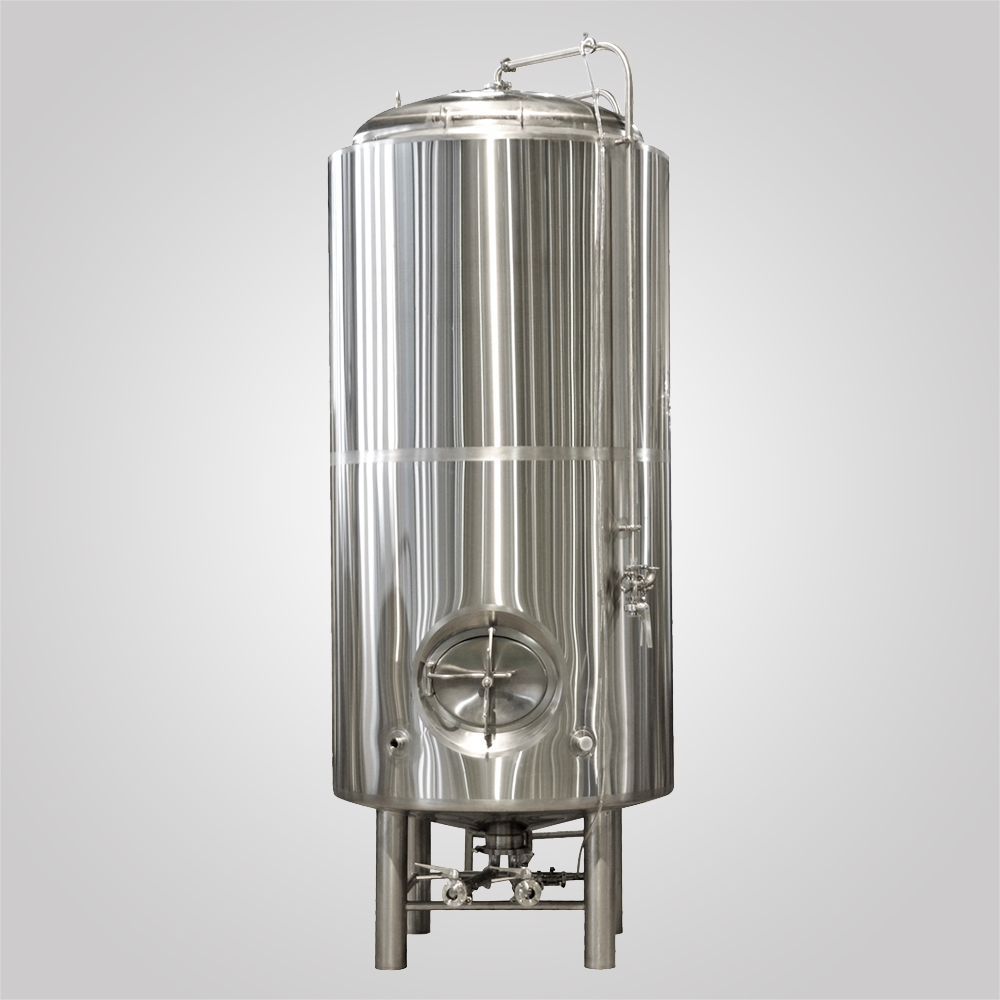
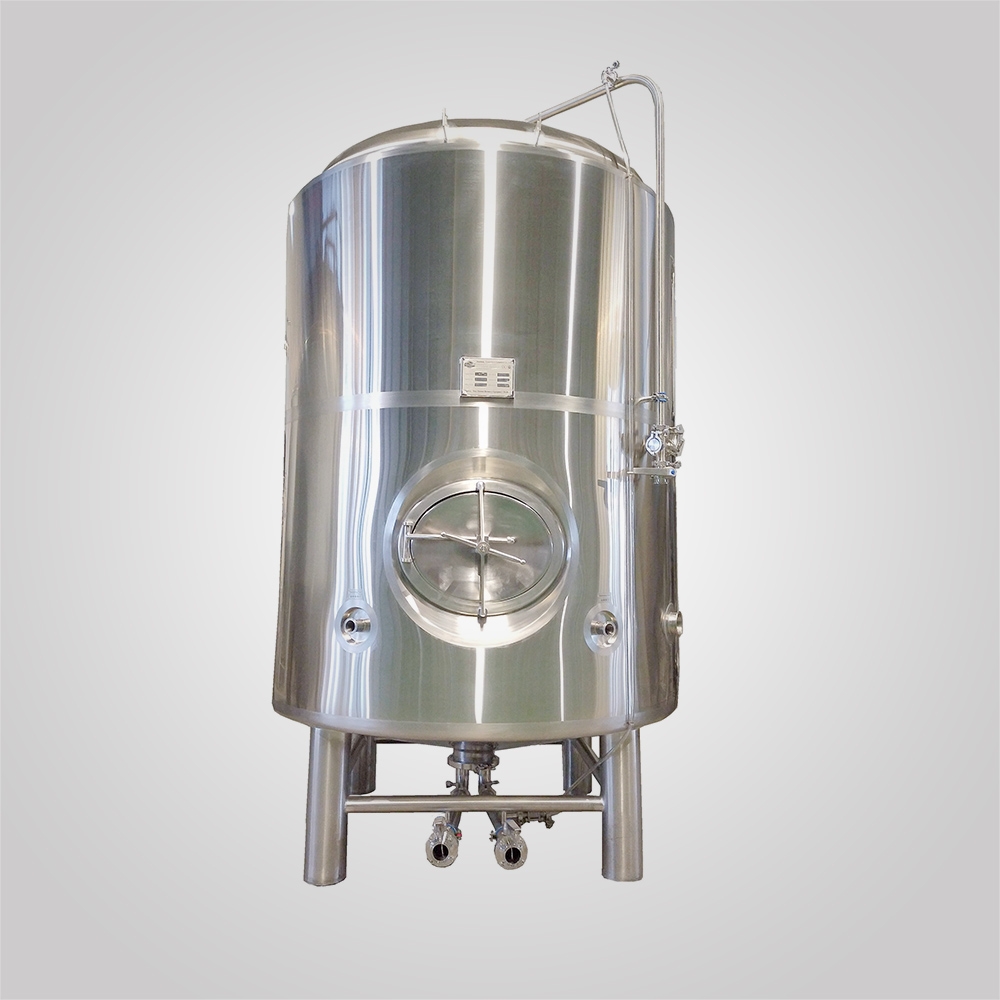
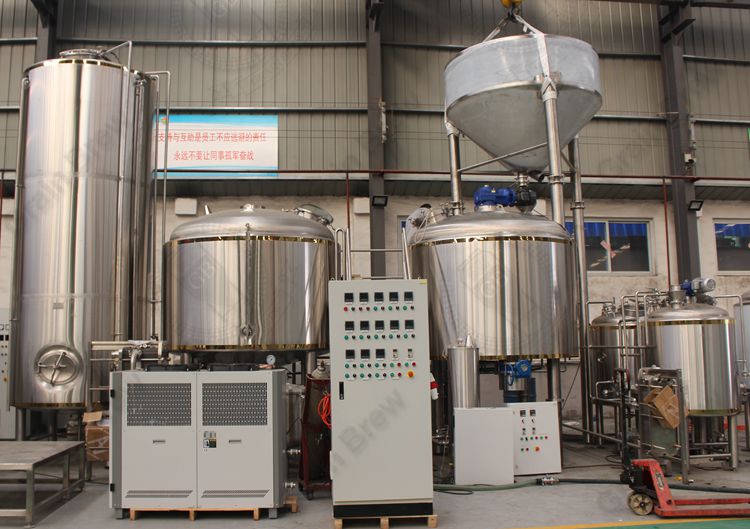
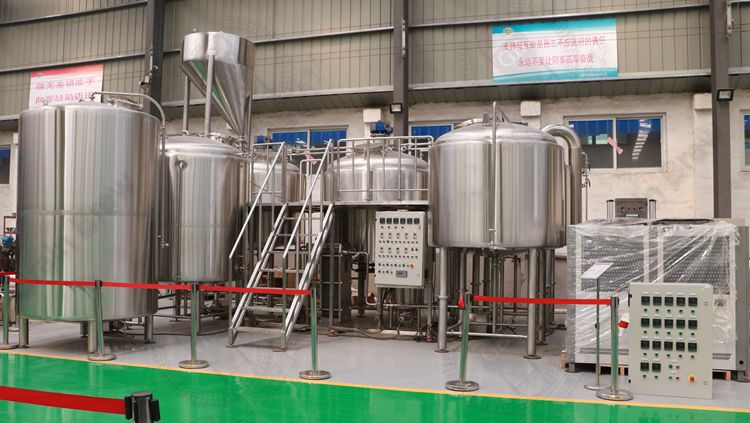
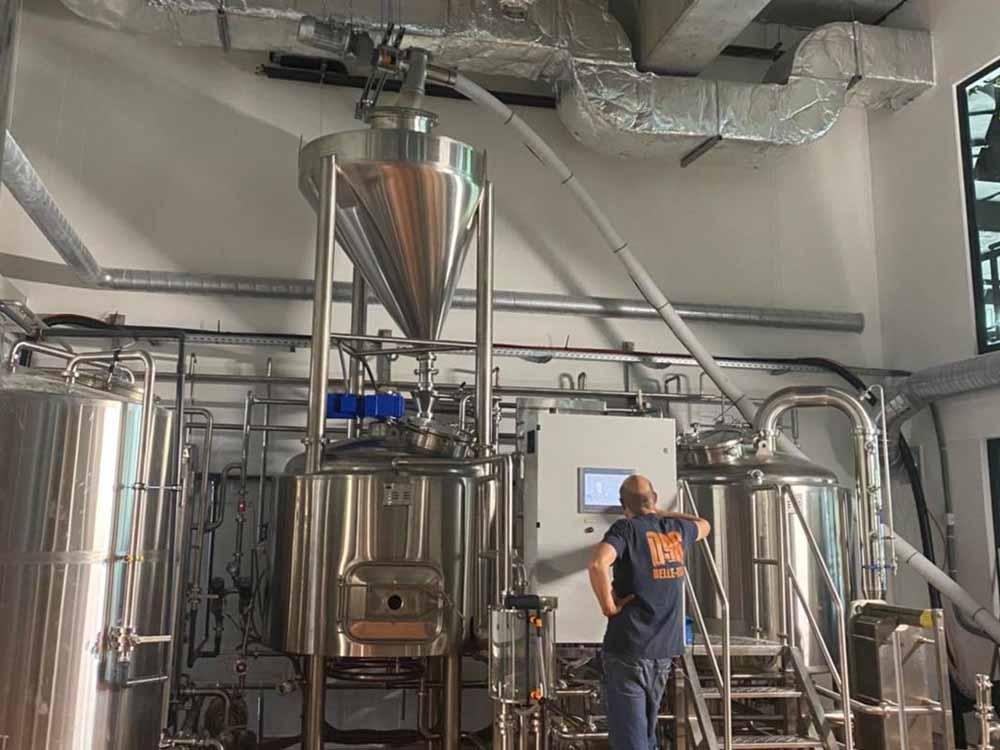
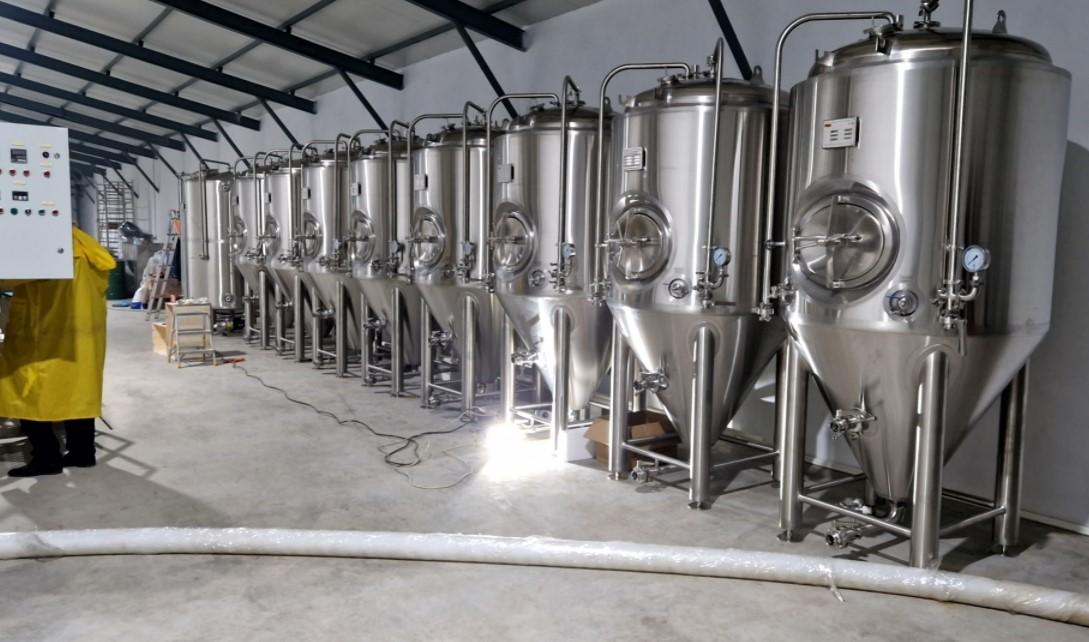
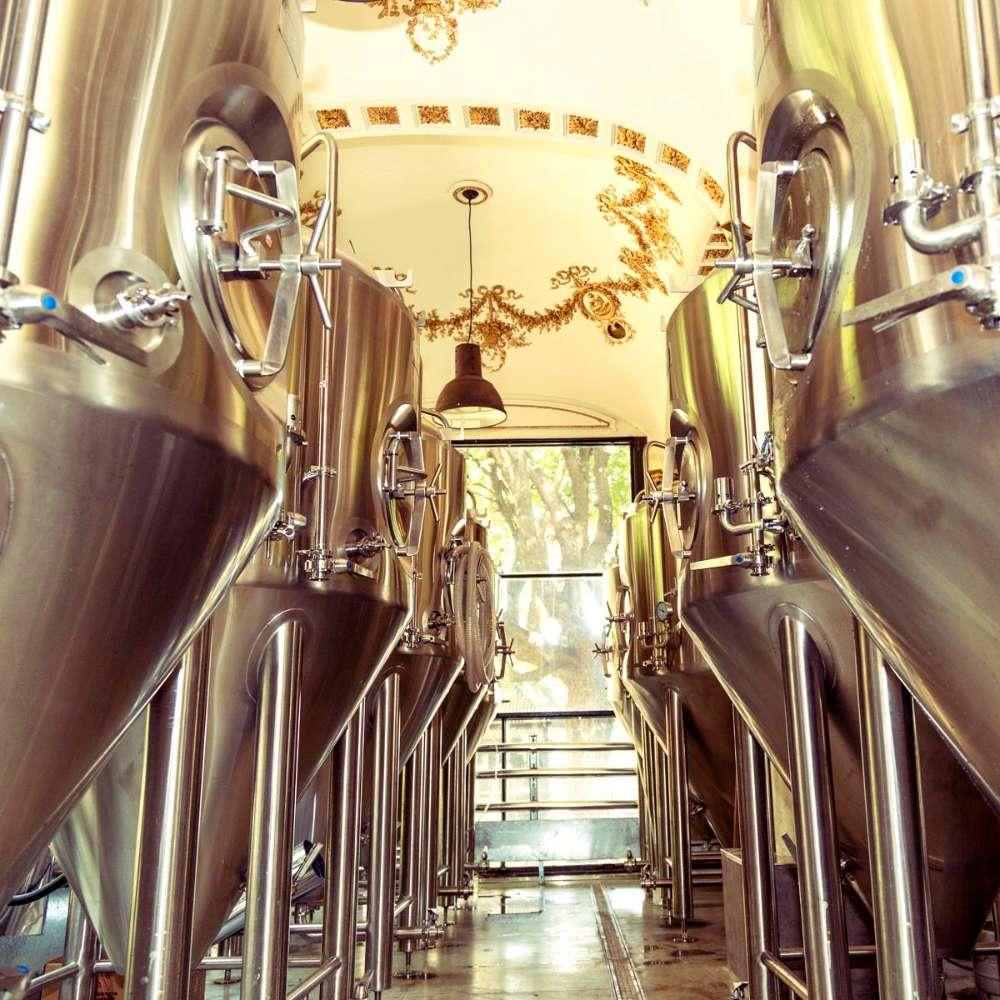
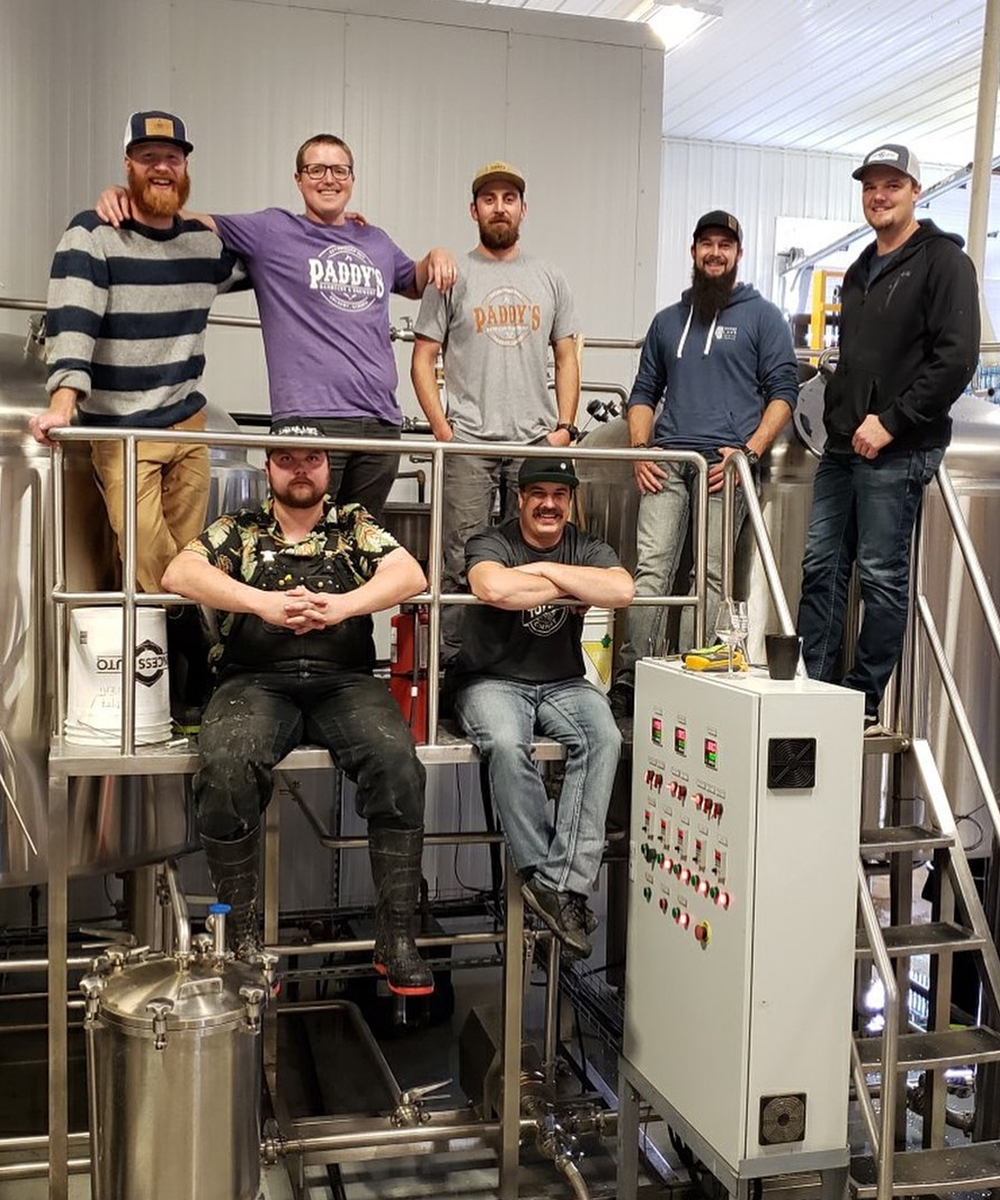
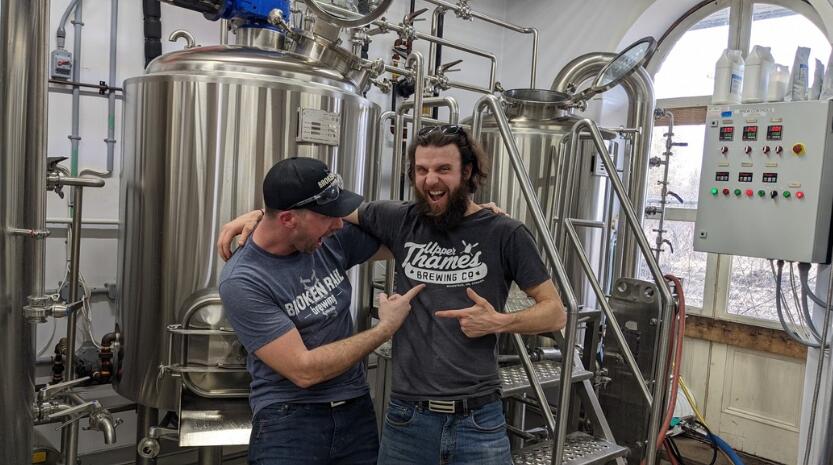
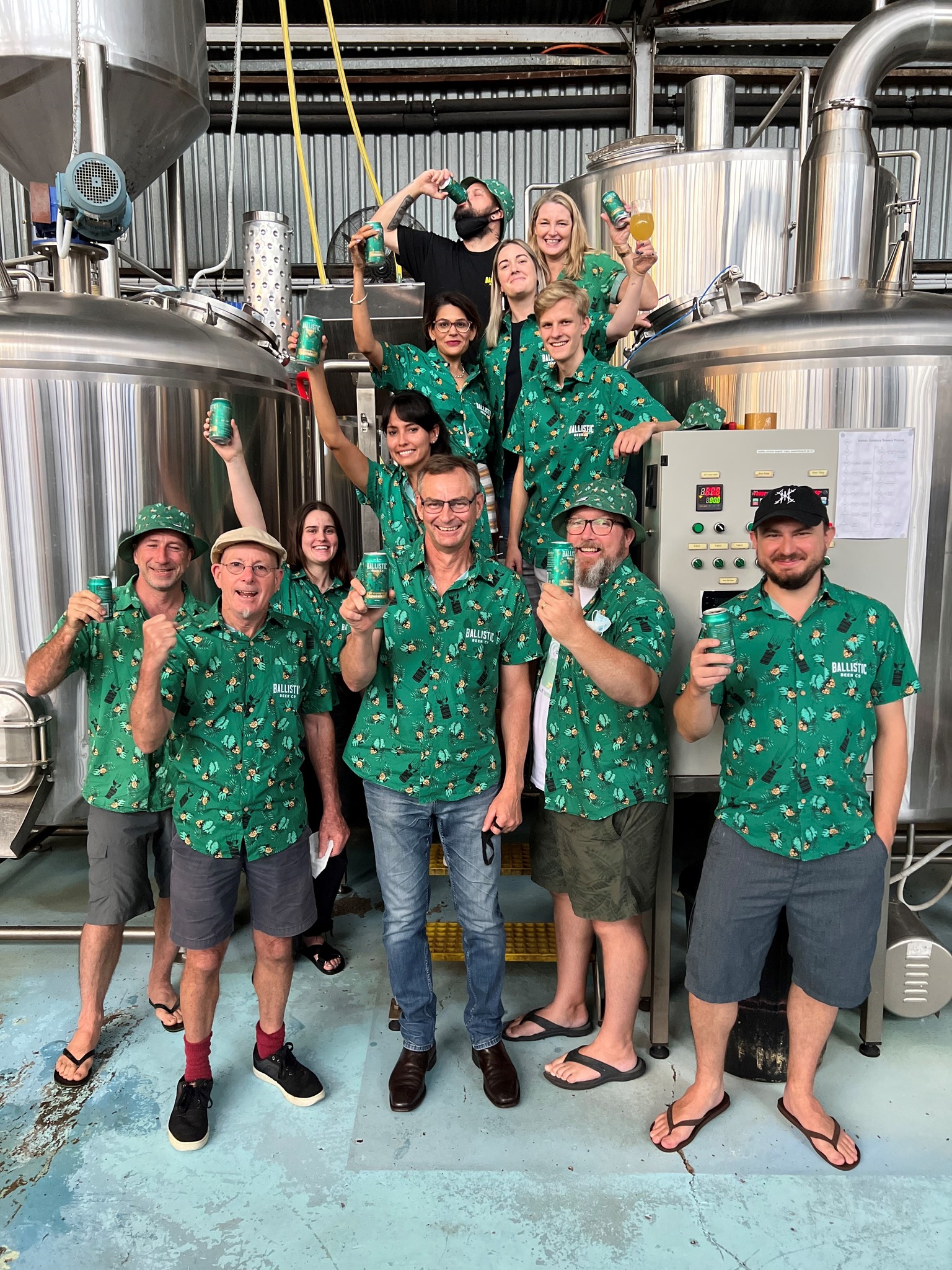
Get A Quote